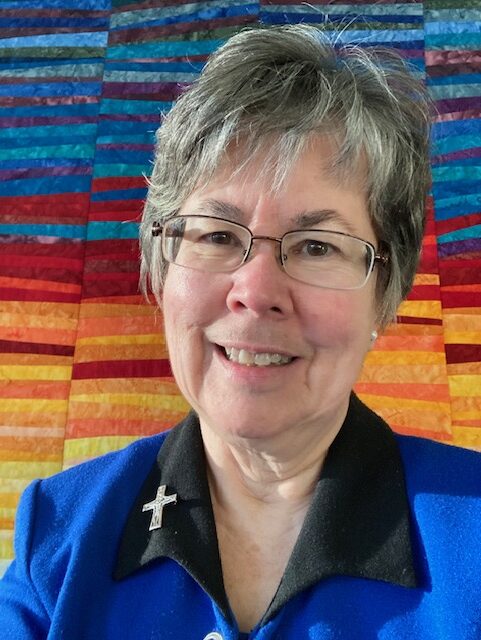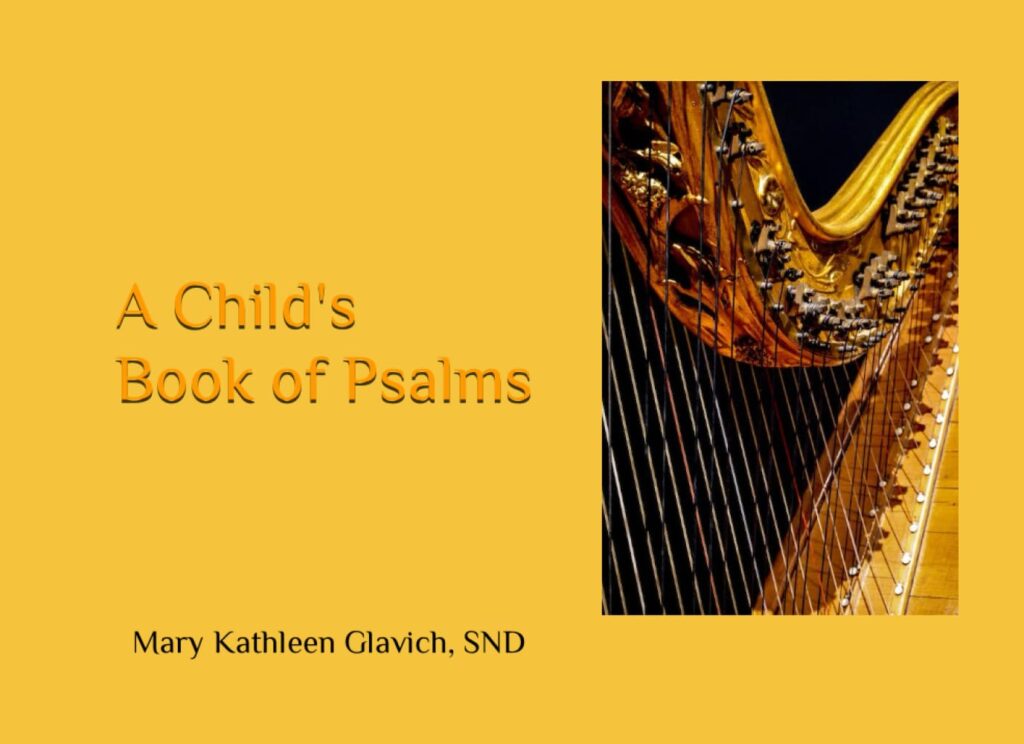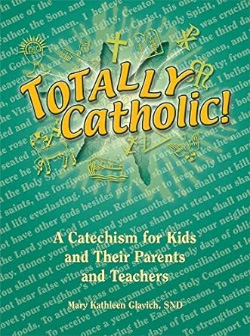 I heard that one of our Sisters prayed psalms for decades but never liked them. Ouch! I love the psalms, and obviously God does too, since he gave them to us to pray. The Psalms is a book of the Bible. When Christians took over the Old Testament, the psalms came too.
I heard that one of our Sisters prayed psalms for decades but never liked them. Ouch! I love the psalms, and obviously God does too, since he gave them to us to pray. The Psalms is a book of the Bible. When Christians took over the Old Testament, the psalms came too.
We pray a psalm at every Mass. They are also the core of the Prayer of Christians (Divine Office). This liturgical prayer, like the Mass, is intended not only for priests (who pray it in their breviary), but for all members of the Church. Although the psalms are Jewish prayers, in the Prayer of Christians the Church “baptizes” them: After each one she adds a “psalm prayer” in which we interpret the prophecies and concepts of the psalm in light of our Christian faith.
A good prayer activity is to take a psalm and paraphrase it to make your own prayer. For example, Psalm 23 might become, “The Lord is my counselor. I will never lack for good advice.” Some popular books are paraphrases of the psalms. However, the closer the translation of a psalm is to the original Aramaic, the more it is the Word of God.
People have their favorite psalms. Yesterday I read an article my friend wrote about her Swedish ancestors. Each morning when her grandmother came down for breakfast, with a smile she would quote, “This is the day which the Lord hath made. We will rejoice and be glad in it.”
The psalms are all prayers of praise. When we pray them, we are doing what we were created to do: glorify God. Some people object to praying the psalms because they don’t always echo their own feelings on a particular day. Many psalms are laments, that is, they look to God for help in a trying situation. What if we are not in trouble? Because when we pray, we pray with and in the name of the universal Church, we can pray on behalf of someone who is in trouble.
The psalms grew out of a violent, warring culture, and so some call down God’s wrath on enemies. This kind of language repels us peace-loving Christians. But we can take “enemies” to be our sins, evil in the world, or a dread disease. And, as the Jewish people did, we look trustingly to God to conquer our enemies.
The psalms are Hebrew poetry, an aspect I appreciate as a former English teacher. Besides being filled with figures of speech, the psalms have repetition. In particular, Hebrews poetry repeats lines using synonyms.
I wrote a book explaining the history of psalms, their purpose and structure, and ways to pray them communally and individually. It’s called The Catholic Companion to the Psalms and can be found in my Amazon bookstore.
May we grow to love the psalms more and more. They are the prayers of Jesus and Mary.
When has a psalm been special to you or to someone you know?








2 Responses
Kathleen, I love this simple “something” about the Psalms. Is there any possibility that I might use it in Cycle A book I am writing. I think it would really be a nice way to introduce the Psalms to our African formees.
Feel free to use it in any way you wish, Sister. If I’m not mistaken, Sister Annete used copies of my book on the Psalms for teaching the women in formation. She also e-mailed photos of posters they made based on the psalms to use in the Arts and Crafts book. Unfortunately these weren’t able to be used.